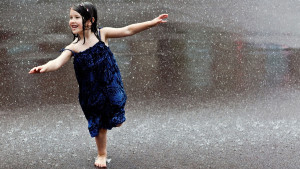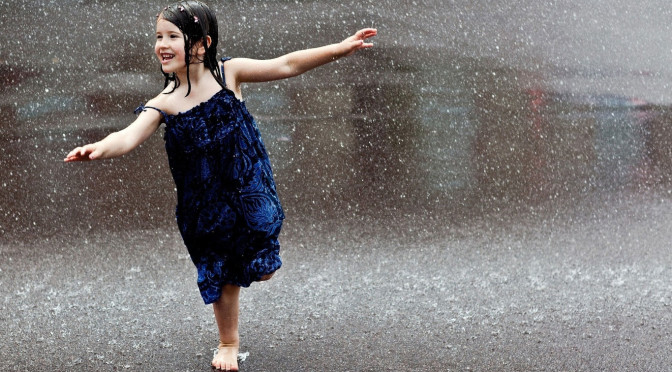Is it too controversial to say that Washington State has the opportunity to show others how to plan for drought?
 California failed to see the possible long term effects of an extended drought and now water supplies at current levels are not sustainable, even with a 25% reduction in usage. It is pretty obvious that California and other states should have taken conservation measures more seriously and swiftly early on. Simply hoping for rain with little emergency declarations until a drought becomes a crises, is not the solution. Conservation measures before the crisis becomes too big is the possibility here for Washington.
California failed to see the possible long term effects of an extended drought and now water supplies at current levels are not sustainable, even with a 25% reduction in usage. It is pretty obvious that California and other states should have taken conservation measures more seriously and swiftly early on. Simply hoping for rain with little emergency declarations until a drought becomes a crises, is not the solution. Conservation measures before the crisis becomes too big is the possibility here for Washington.
With the declaration of a drought emergency, Governor Inslee has asked the legislature for $9.5 million in drought relief funding.
According to the Department of Ecology May 2015:
Ecology has proposed using the drought relief money in the following ways:
- $3.896 million for public agricultural irrigation projects water leasing and/ or acquisition.
- $2 million to municipal water utilities for emergency drought funding.
- $1.187 million to WDFW for salmon and trout protection.
- $2.2 million for Yakima emergency well pumping mitigation.
- $187,000 to hire temporary state staff to respond to the drought emergency.
- $100,000 Stream Flow Monitoring.
- $25,000 Conservation Education.
Unfortunately this response is “putting out the fire” but what about future droughts? We could keep drilling and hoping for rain, or we could be proactive by allocating more than $25,000 in education. A good place to start would be education of our legislature on rainwater collection and how our state could encourage rainwater collection and known conservation methods. Our legislature could listen to industry leaders from the national association (ARCSA) American Rainwater Catchment Systems Association, on the benefits of rainwater collection. Enact legislation that can reduce residential and commercial demands of our centralized water systems. Offer incentive programs that have some teeth, and that really can make a difference.
Education at the state government level about rainwater collection and conservation methods that the state could enact would be money well spent for the future.

